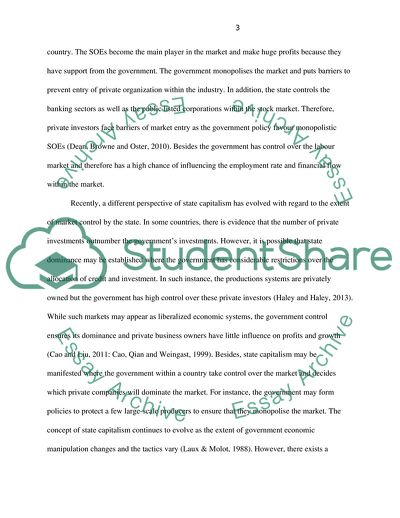Cite this document
(State Capitalism Essay Example | Topics and Well Written Essays - 3000 words, n.d.)
State Capitalism Essay Example | Topics and Well Written Essays - 3000 words. https://studentshare.org/macro-microeconomics/1867235-state-capitalism
State Capitalism Essay Example | Topics and Well Written Essays - 3000 words. https://studentshare.org/macro-microeconomics/1867235-state-capitalism
(State Capitalism Essay Example | Topics and Well Written Essays - 3000 Words)
State Capitalism Essay Example | Topics and Well Written Essays - 3000 Words. https://studentshare.org/macro-microeconomics/1867235-state-capitalism.
State Capitalism Essay Example | Topics and Well Written Essays - 3000 Words. https://studentshare.org/macro-microeconomics/1867235-state-capitalism.
“State Capitalism Essay Example | Topics and Well Written Essays - 3000 Words”. https://studentshare.org/macro-microeconomics/1867235-state-capitalism.


